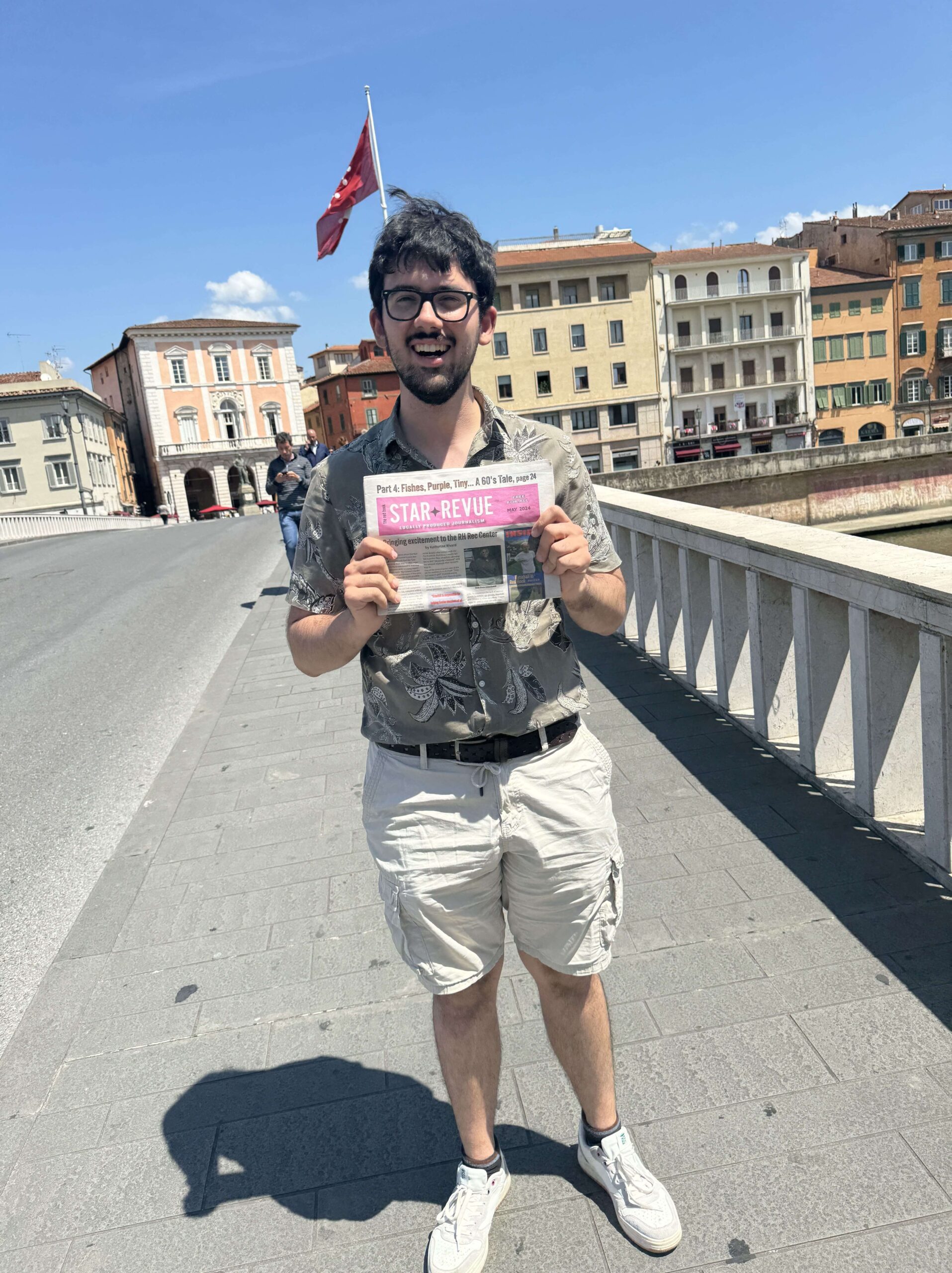It’s Potsdam, Germany, around noon, Chaled-Uwe Said, local leader of the far-right party Alternative for Germany (AfD), is giving away flyers, bottle openers and pens for his re-election campaign to the City Council. But people coming out from the nearby supermarket rarely stop at his table.
Even though AfD leads as the second party in the national polls, there is a social stigma that prevents lots of people from talking or being seen with them. The party is already under the scrutiny of the national secret services because of its extremist positions, and in some Länder (Federated States), like Saxony, the local branch of the party has been declared “surely of extreme right” by local authorities.
The risk for the party is being declared illegal, as the German constitution allows the Federal Constitutional Court to declare illegal those parties that could pose a risk to democracy. “But it is a long-procedure and there’s no risk in the short-term”, says Chaled-Uwe Said while talking to his supporters.
The AfD is the biggest question mark in the next election day on June 9, when voters will cast their ballot for the country’s portion of the European Parliament’s seats and the municipal elections in 7 different Länder. Even though an increasing number of national and local scandals have hit the party, a good result is expected.
On May 18 Maximilian Krah, former leading candidate of the AfD, released an interview in which he said that not “all of SS were criminals.” After that, Krah resigned and the party was expelled by the Identity and Democracy European party, a far-right party coalition encompassing France’s Marine Le Pen and Italy’s Matteo Salvini.
Many believe that a surge of AfD would bring Germany back to its darkest years and constitute a severe damage to women and LGBTQ rights. The party is also known for denying climate change and calling any ecological policy a “climate-craziness”.
AfD takes advantage of the weakness of traditional parties. Right now the government is held by a coalition of Social-Democrats, Greens and Liberals. It is Ukraine friendly, left-wing, but pays the price of Prime Minister Olaf Scholz’s lack of charisma. Among the three parties, the Greens are the ones losing more consensus.
In Leipzig, Saxony, on May 31st, every party hosted an electoral meeting with its national leaders on the occasion of the city’s festival. If other parties chose to openly host their events in public squares, the Green had to host their meeting with Economy Minister Robert Habeck in a closed venue, highly controlled by volunteers and you could get in only by registration. It is significant how throughout Germany the Greens’ electoral posters do not show the location of the rally advertised, but rather a QR code to the main information. No other party had to take similar measures for their safety.
Both AfD and the government’s parties see each other as the enemy, making it easier for a third protagonist to rise and win: the Christian Democrat Union (CDU), leading in the polls with 30%. Under the leadership of Friedrich Merz, the CDU has managed to steal votes from the AfD by assuming some of their extremist stances and from the Social Democrats and Liberals by stressing their well-established moderate credentials.
Moreover, the CDU is the party of Ursula von Der Leyen, the EU Commissioner, a government-like figure in European political architecture. But she has the main worry to secure the support of all the EU countries and governments to get re-elected. During a visit at a high-tech engineering faculty of the University of Potsdam, Alexander Winterstein, Von der Leyen’s spokesperson, was calm: “she’s the only one who will have the support from the European parties, there is no other option.”
If this is good for the re-election as Commissioner, it does not mean that this is good news for the CDU. Von der Leyen simply does not care enough about her party as much as about her EU career. The visit to Potsdam shows it pretty clearly. Her visit was announced long before, but a few days before the fixed-date it was formally canceled so that when it happened there were only journalists and no crowd waiting for her. A move which makes little sense if not for showing unwillingness to be exposed on a national level. The message from her as a representative of the EU is clear: German politics has to solve its problems alone.
Author
-

Dario Pio Muccilli is the Star-Revue’s Italian correspondent, based in Turin. Email him at muccillidariopio@gmail.com
View all posts
Dario Pio Muccilli is the Star-Revue’s Italian correspondent, based in Turin. Email him at muccillidariopio@gmail.com










